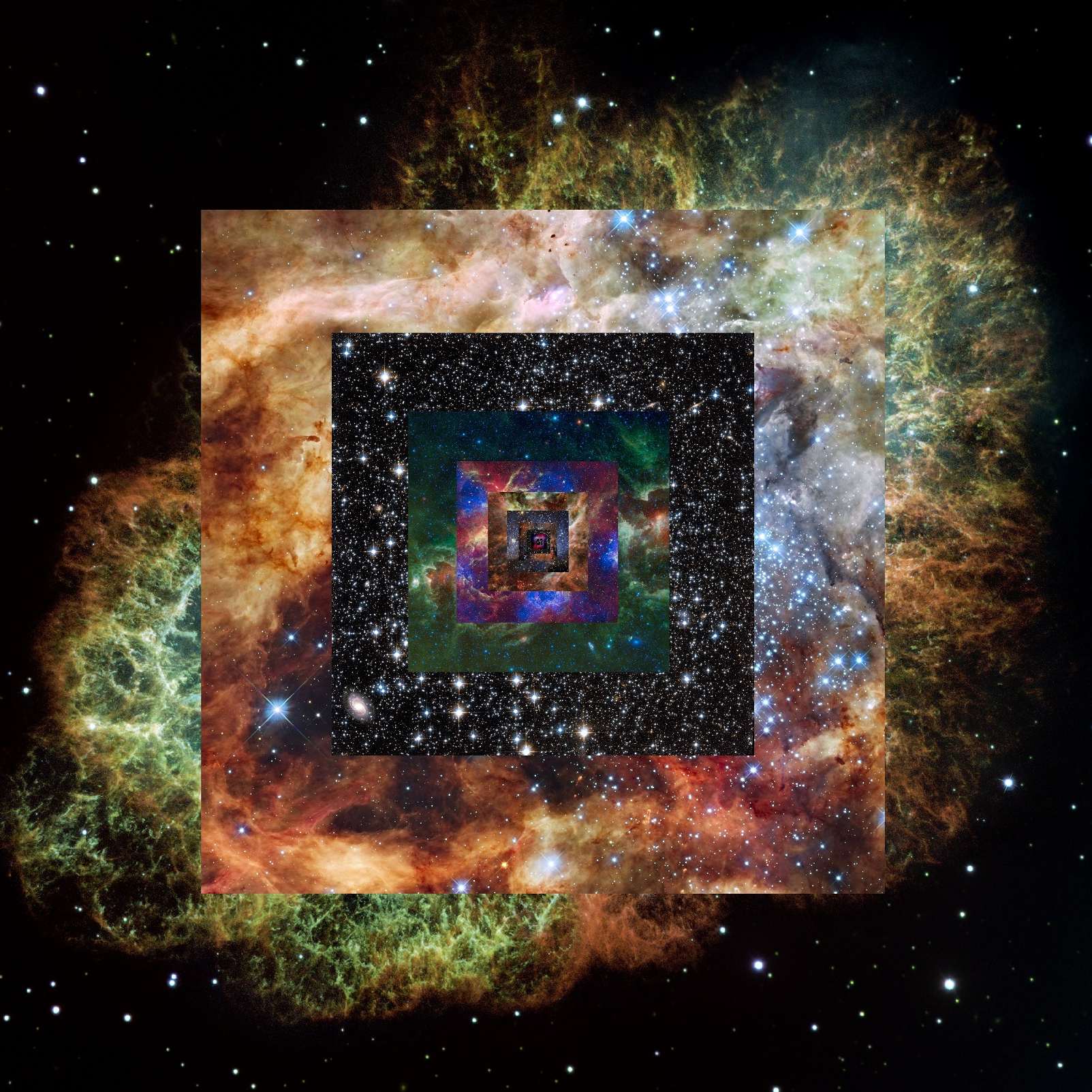
Acosmism, an intriguing philosophical stance that questions the very reality of the universe, stands as one of the most challenging thought concepts ever explored by mankind. It defies our conventional understanding of existence and non-existence, asserting that the cosmos as we perceive it doesn’t really exist.
What Is Acosmism?
The term ‘Acosmism’ stems from the Greek words ‘A’ meaning ‘without’ and ‘Cosmos’ meaning ‘world’. The theory posits that the physical universe is illusory, non-existent, or unimportant when compared to the ultimate reality, often defined as God or the Absolute.
Acosmism is a philosophical view closely tied with Monism and Pantheism. Monism, the belief that all things are fundamentally one, and Pantheism, the belief that everything is God, both entail the idea that there is an overarching unity or oneness behind everything.
Historical References and Key Figures
One of the most recognized proponents of Acosmism is George Berkeley, an 18th-century Irish philosopher. He argued that the only things that truly exist are minds and their ideas. This is known as ‘idealism’ or ‘subjective idealism’, a philosophy closely tied to Acosmism.
Another philosopher who holds a similar belief is Baruch Spinoza, a 17th-century Dutch philosopher. Spinoza’s philosophy, often termed ‘neutral monism’, suggests that there is only one substance in the universe, ‘God or Nature’, which includes everything, thereby denying the existence of a universe separate from God.
Acosmism and Eastern Philosophy
Interestingly, parallels can be drawn between Acosmism and certain aspects of Eastern philosophy. Hinduism’s Advaita Vedanta, for instance, posits that the physical world is merely Maya (illusion) and that the only true existence is Brahman, the ultimate reality or absolute.
Buddhism, in its teaching of Śūnyatā (emptiness or voidness), also aligns with Acosmistic viewpoints. The doctrine negates the notion of the inherent existence of things, seeing reality as dependent origination rather than truly existent entities.
Acosmism’s Implications
The implications of Acosmism are far-reaching. If we take the theory to heart, it implies that our everyday experiences and physical realities are not the ultimate truth but mere illusions. This raises profound questions about the nature of consciousness, reality, and human existence.
Acosmism can help us redefine our understanding of existence and reality, pushing us to explore our individual and collective consciousness beyond the physical world.
Evidence for Acosmism: The Quantum Perspective
Quantum mechanics, a fundamental theory in physics, provides compelling evidence that aligns with Acosmism. At the quantum level, particles can exist in multiple places at once, and their properties are not fixed until they are observed.
This concept, known as superposition, suggests that reality is not set until it is observed, mirroring the Acosmist belief that physical reality is not the ultimate truth but a sort of illusion or construct.
Conclusion: Acosmism and Our Understanding of Reality
Acosmism encourages us to question our assumptions about the universe and our existence within it. It invites us to explore alternate perspectives on reality, pushing the boundaries of our understanding and expanding our collective consciousness.
Despite the challenging and abstract nature of the theory, Acosmism provides a rich ground for philosophical, theological, and scientific exploration. While it may not offer concrete answers, the questions it raises about the nature of existence are crucial for our continued pursuit of knowledge and understanding of the universe and our place within it.



